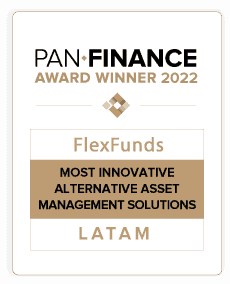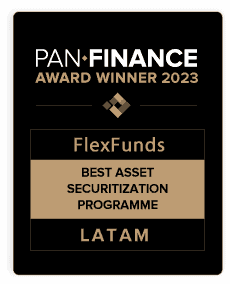- This article delves into the characteristics of private equity funds.
- It is primarily aimed at fund managers interested in creating opportunities or reaching clients through a private equity fund.
- One way to reach a larger number of potential clients is through the securitization of a private equity fund, a process carried out by FlexFunds, which can enhance distribution across multiple international private banking platforms.
A private equity fund is an investment vehicle designed to support the growth of companies that are not publicly traded. This vehicle is created through financial intermediaries who raise funds from professional investors, which are then directed towards various companies or projects with significant growth potential.
The term “private equity” refers to all investments not made in public or regulated markets. Specifically, the adjective “private” contrasts with “public” and refers to companies and projects that are not publicly traded.
Private equity and funds specializing in this area often represent a crucial source of financing for unlisted companies, especially during the early stages of their development. This form of investment encompasses not only direct investment in a company’s equity, but also various forms of private financing aimed at boosting project growth.
Private equity fund managers facilitate access to capital for companies in early growth stages (seed, growth, etc.), relying on their development potential. These funds provide capital at different stages of a company’s lifecycle, from inception to consolidation. Additionally, managers often specialize in specific segments, such as venture capital, growth capital, buyouts, secondary funds, or debt.
Private equity provides capital throughout a company’s lifecycle, from the initial creation stage to consolidation.
Moreover, investments are not limited to large companies. On the contrary, any company, regardless of size, can attract the interest of private equity funds. In fact, some brilliant ideas that have come to lead significant market segments have done so with the help of private equity.
How private equity funds work
Creating a private equity fund or building a portfolio of direct investments in private equity is not a simple task. Since there is no public stock market, accessing detailed financial and operational data of non-publicly traded companies can be challenging.
Private equity investments can be made directly or through specialized funds. In the case of funds, managers attract a group of investors through a private equity fund, thus obtaining the necessary resources to execute a specific strategy and acquire interests in various unlisted companies.
These managers apply a well-defined investment strategy, both by management style and by the underlying assets, segmented by region, sector, and size, with the aim of maximizing the fund’s annualized return. In this regard, specialized knowledge and execution capability make the difference.
While some funds acquire minority stakes, others seek to hold the majority of the capital. In both cases, private equity funds tend to positively impact the business strategy of portfolio companies, adding value to their management and contributing to the design of growth and management strategies.
From the investor’s perspective, private equity funds are characterized by their long-term nature and lack of liquidity. With an average duration of ten years, exits occur gradually as portfolio assets are sold, and then the proceeds are distributed to investors.
Moreover, private equity funds have a specific cost structure aimed at aligning the interests of the fund manager and investors in the best possible way.
In recent years, private equity funds have experienced significant growth, especially during times of low performance in other investment assets. There are numerous funds with different assets, from tech startups to established companies in the process of expansion.
For companies, the benefits are diverse: access to significant capital, mentorship and advice from fund managers, and accelerated growth.
Asset securitization: how to enhance the distribution of a private equity fund for investment managers
The advantages of private equity funds for clients include greater diversification of their portfolio, access to alternative assets, professional management, and alignment of philosophy, whether in private equity, venture capital, or real estate.
One way to reach a larger number of potential clients and for a manager to offer alternative assets with high potential is through the securitization of the private equity fund, a process carried out by FlexFunds that will turn it into a listed product (ETP).
Thanks to ETPs, clients benefit from entry into growing companies and can access their strategy with a simple purchase operation of titles in Euroclear through their existing brokerage accounts.
If you want to learn more about our FlexETP®, do not hesitate to request a meeting with the FlexFunds team so that we can resolve all your doubts.







